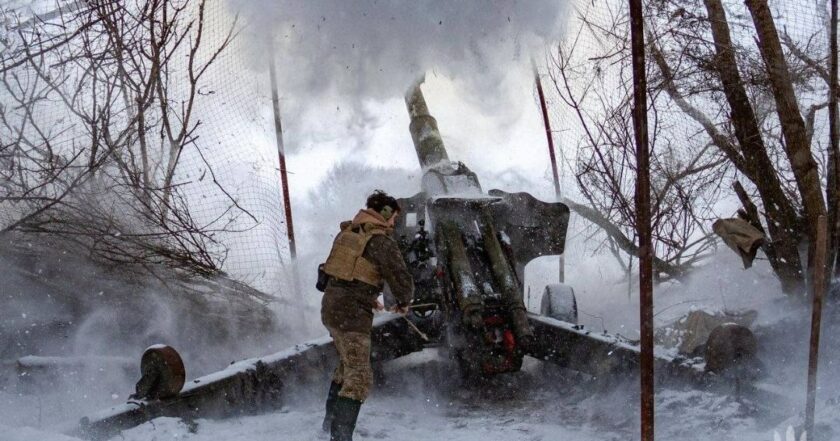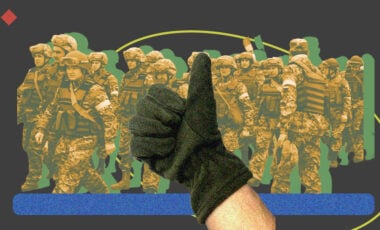ISW: Winter conditions slow combat efforts of both sides on Ukraine's frontline

Photo: open sources
The latest ISW report says unfavorable weather conditions continue to slow down the fighting on the part of both the Ukrainian troops and the Russian army.
Analysts state that bad weather conditions, however, do not stop tense hostilities completely.
ISW cited the Ground Forces spokesman Volodymyr Fitio, said that Russian troops are actively using aviation near Bakhmut when the weather allows.
The weather does not significantly decrease the Russian artillery activity in the town.
Russian military bloggers claimed on December 1 that strong winds near Bakhmut and in western Zaporizhzhia region prevented Russian troops from using drones and artillery over the past two days.
One of these bloggers claimed that while light rain allowed Russian troops to conduct aerial reconnaissance near Verbove (9 km east of Robotyno), muddy terrain worsened the advance of the infantry and wheeled vehicles in western Zaporizhzhia region.
Russian troops can only move on tracked vehicles, while Ukrainian forces continue intense artillery fire, despite the bad weather conditions.
On December 2, the Russian accomplice Vladimir Rogov showed footage showing roads in the mud on the Robotyne-Novoprokopivka-Verbove line in western Zaporizhzhia region. These conditions have virtually immobilized Ukrainian wheeled vehicles, forcing the side conduct attacks with infantry only.
Key takeaways from the ISW report
- Poor weather conditions continue to slow the pace of Ukrainian and Russian combat operations across the entire frontline but have not completely halted them.
- Russian forces launched another series of Shahed 136/131 drone and missile strikes targeting southern Ukraine overnight on 1-2 December.
- Ukrainian and International Atomic Energy Agency (IAEA) officials reported that the Zaporizhzhia Nuclear Power Plant (ZNPP) completely disconnected from all external power sources for five and a half hours on the night of 1 to 2 December, marking the plant's eighth complete black out – all under Russian occupation.
- The US Treasury Department's Office of Foreign Assets Control (OFAC) sanctioned three third party entities involved in the transport of Russian crude oil above the G7 price cap.
- The Russia Ministry of Defence (MoD) signalled that it likely intends to continue relying on crypto-mobilisation recruitment schemes for any potential increase in the size of the Russian military.
- The Kremlin's policy towards the role of migrants in bolstering Russia's industrial capacity continues to be inconsistent.
- Russian Foreign Minister Sergei Lavrov's November 30 threat against Moldova may have emboldened certain pro-Russian actors to attempt to sow political instability and division in Moldova.
- Russian forces continued offensive operations along the Kupiansk-Svatove-Kreminna line, near Bakhmut, near Avdiivka, west of Donetsk City, in the Donetsk-Zaporizhzhia region border area, and in the western Zaporizhzhia region and advanced near Avdiivka.
- Radio Svoboda's Schemes and Systems investigative projects published a joint investigation on 1 December detailing how the Main Directorate of the Russian General Staff (GRU) created the Redut private military company (PMC) to recruit thousands of Russians for irregular combat service in Ukraine.
- Ukrainian partisans reportedly conducted a partisan attack against Russian military personnel in occupied Melitopol, Zaporizhzhia region, on December 1.


















































